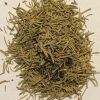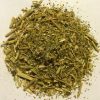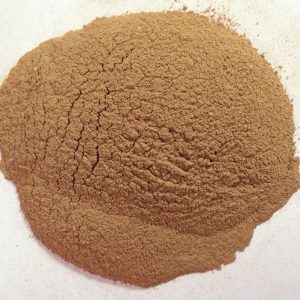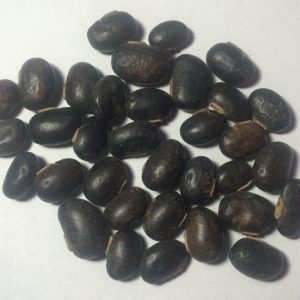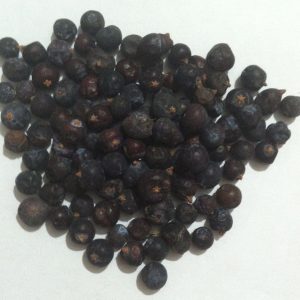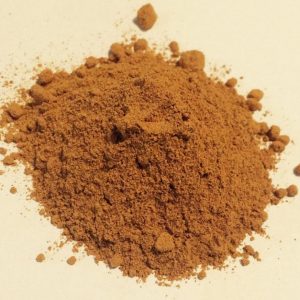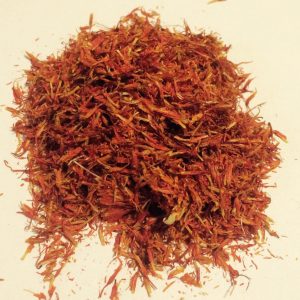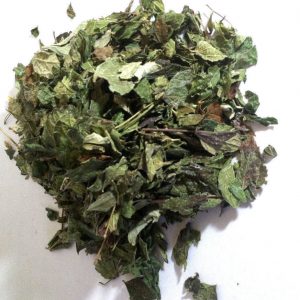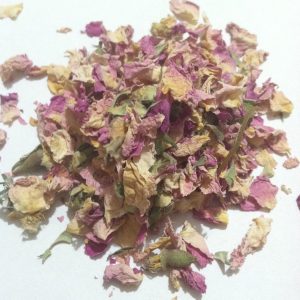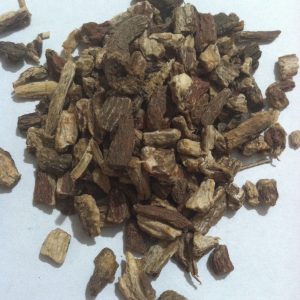Description
Common Name Standardized: chipotle Botanical Name Capsicum annuum L. var. annuum
Plant Family: Solanaceae Overview Introduction Despite the exotic and alluring mystic that the name implies, Chipotles are simply smoked jalapenos. At the end of the growing season as jalapenos turn from green to red, they begin to lose much of their moisture. These peppers are then smoked over a wood fire for several days to ensure that all of the moisture has been removed. This imparts an almost earthy spiciness to them. At the end of the process the peppers look similar in appearance to large raisins. It has been postulated that the Aztecs in northern Mexico were the first to smoke jalapenos because they are difficult to dry and prone to rot. It also allowed them to be stored for long periods of time. Parts Used The whole pepper dried. Typical Preparations They are traditionally used in Mexican and southwest cooking, but chipotles can be used in any dish that needs a bit more fire or smoky spice added to the mix. Summary Chipotles have grown in use and popularity over the past few years in the US. There are in fact two different types of chipotles, and they come from two different regions of Mexico. The ones from northern Mexico are known as morita, which is Spanish for blackberry or black raspberry. This variety is usually redder in appearance. In central or southern Mexico they are known as chili meco, chili ahumado, or tipico. These are browner than the morita, and said to be similar in appearance to a cigar butt. The chipotles that are most common in the US are of the morita variety, while the meco are generally consumed in Mexico. Although chipotles are traditionally smoked over a wood fire, recently some processors have started to use gas dryers and liquid smoke, but this is widely believed to result in a chipotle of inferior quality. Precautions Specific: Excessive use may cause gastrointestinal irritation. Not to be exposed to broken skin or eyes.
General: We recommend that you consult with a qualified healthcare practitioner before using herbal products, particularly if you are pregnant, nursing, or on any medications. For educational purposes only This information has not been evaluated by the Food and Drug Administration.
This information is not intended to diagnose, treat, cure, or prevent any disease.




